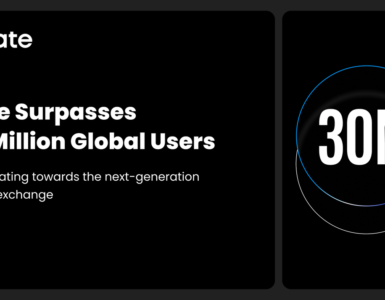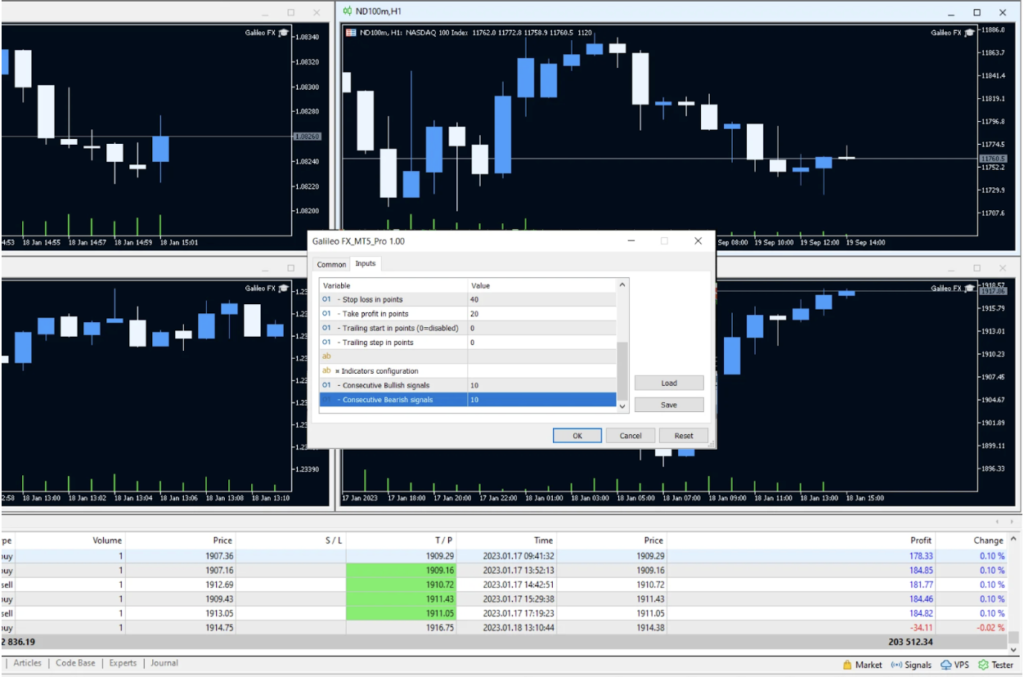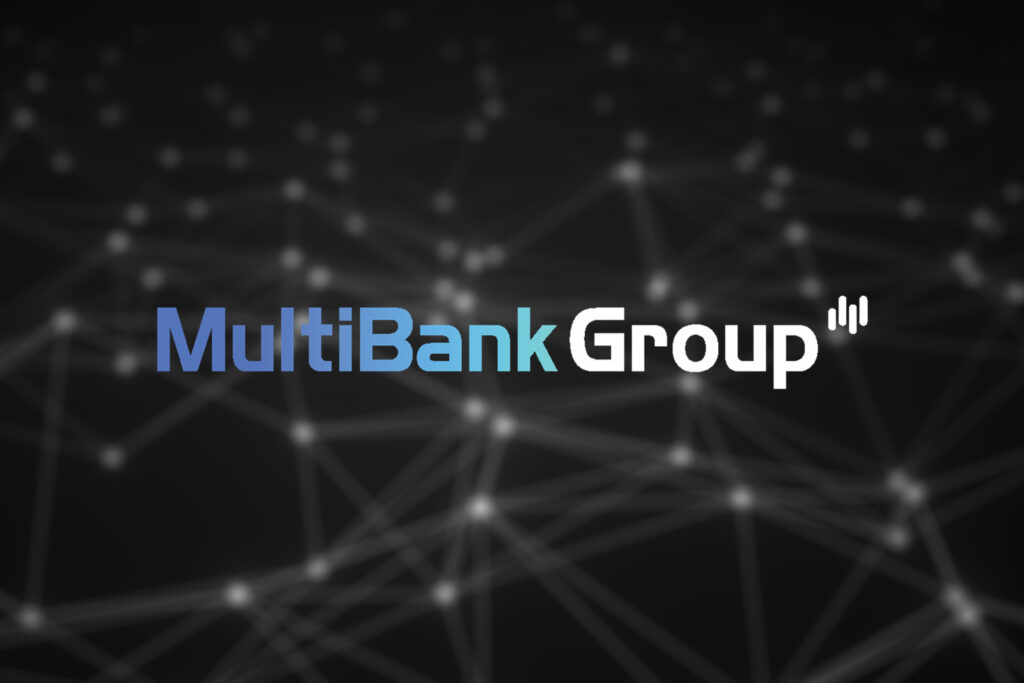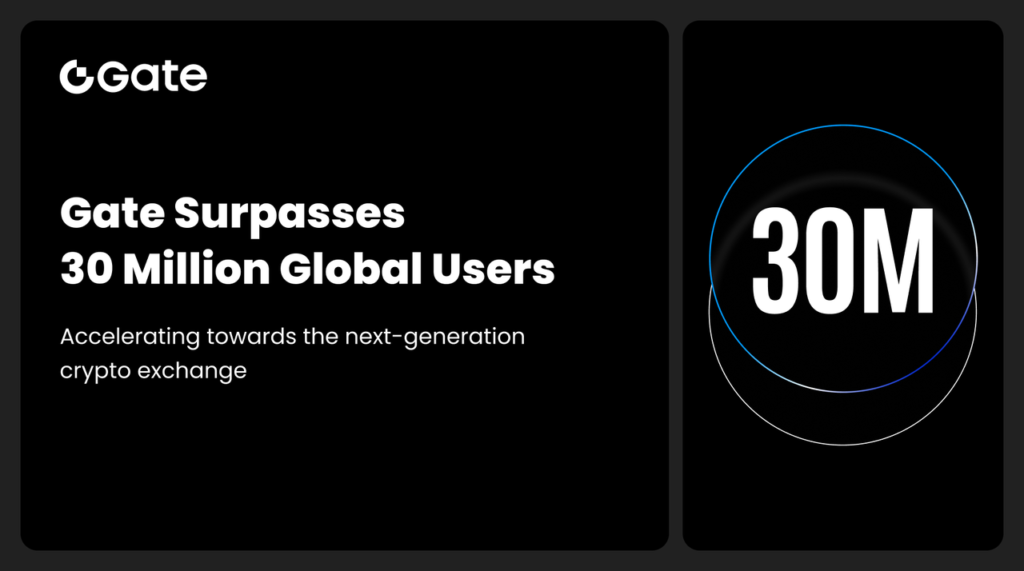Decentralized exchanges (DEXs) have become increasingly popular in the cryptocurrency market due to their unique features and benefits. DEXs allow users to trade cryptocurrencies in a decentralized manner without the need for intermediaries, providing users with more control over their funds and greater transparency in trading. In this article, we will analyze the DEX market, exploring trading volumes, liquidity, and price trends.
Introduction
To begin, let’s define what a DEX is. A decentralized exchange is a type of cryptocurrency exchange that operates on a decentralized platform, allowing users to trade cryptocurrencies without a central authority or intermediary. The popularity of DEXs has grown significantly in recent years due to their ability to provide users with more control over their funds and greater transparency in trading.
In this article, we will explore the trading volumes, liquidity, and price trends of the DEX market. We will also compare DEXs with centralized exchanges and examine the advantages and disadvantages of using DEXs.
Trading Volumes
Trading volume refers to the total number of cryptocurrency units traded on an exchange during a specific time period. In the context of DEXs, trading volume plays a crucial role in the success of the exchange. High trading volumes can indicate high demand for the exchange’s services, while low trading volumes may suggest a lack of interest.
When comparing DEXs with centralized exchanges, it is important to note that centralized exchanges typically have higher trading volumes. This is because centralized exchanges have been around longer and have more established reputations, leading to greater trust from traders. However, DEXs are catching up, with many newer DEXs showing promising trading volumes.
Liquidity
Liquidity is a measure of how easily and quickly an asset can be bought or sold without affecting its price. In the context of cryptocurrency trading, liquidity is important because it allows traders to buy or sell assets quickly without experiencing a significant price impact.
When comparing DEXs with centralized exchanges, centralized exchanges typically have higher liquidity due to their larger user base and trading volumes. However, DEXs are improving in terms of liquidity, with many newer DEXs implementing strategies to improve liquidity, such as the use of liquidity pools.
Price Trends
Price trend analysis involves examining the historical price data of an asset to identify patterns and make predictions about its future price movements. In the context of the DEX market, price trends can provide valuable insights into the behavior of traders and the overall market sentiment.
When comparing DEXs with centralized exchanges in terms of price trends, it is important to note that price trends can vary significantly depending on the specific DEX or centralized exchange being examined. However, some studies have suggested that DEXs may be more susceptible to price manipulation due to their smaller user base and lower liquidity.
Popular DEXs
There are many DEXs currently operating in the cryptocurrency market, each with its own unique features and benefits. Some of the most popular DEXs include Uniswap, Sushiswap, and PancakeSwap. When comparing these DEXs in terms of trading volumes and liquidity, Uniswap typically has the highest trading volume and liquidity, followed by Sushiswap and PancakeSwap.
Advantages and Disadvantages of DEXs
There are several advantages to using DEXs, including greater control over funds, lower fees, and greater transparency. However, there are also disadvantages to using DEXs, such as lower liquidity and potential security concerns.
When comparing DEXs with centralized exchanges in terms of advantages and disadvantages, it is important to consider the specific needs of the trader. For example, traders who prioritize security may prefer to use DEXs, while traders who prioritize liquidity may prefer centralized exchanges.
Regulatory Concerns
Regulatory challenges are a significant concern for the DEX market. As DEXs operate in a decentralized and largely unregulated environment, they are often subject to regulatory scrutiny from governments and financial authorities. In some cases, regulatory concerns can lead to a decrease in trading volumes and liquidity for DEXs.
One of the primary regulatory concerns for DEXs is money laundering. As DEXs are decentralized and do not require users to provide identification or personal information, they can be used for illicit activities such as money laundering or terrorist financing. To combat this, some DEXs have implemented know-your-customer (KYC) and anti-money laundering (AML) protocols.
Another regulatory concern for DEXs is the potential for market manipulation. Due to their smaller user base and lower liquidity, DEXs may be more susceptible to price manipulation than centralized exchanges. To address this concern, some DEXs have implemented measures to prevent price manipulation, such as the use of automated market makers (AMMs).
Future of DEXs
Despite the regulatory challenges faced by DEXs, the potential for growth and innovation in the industry is immense. As the cryptocurrency market continues to grow, DEXs are likely to become an increasingly important part of the trading ecosystem.
One potential area of growth for DEXs is the expansion into non-fungible tokens (NFTs). As NFTs continue to gain popularity, DEXs could provide a decentralized and transparent platform for trading these unique digital assets.
Another potential area of growth for DEXs is the development of decentralized finance (DeFi) protocols. DeFi refers to a new generation of financial applications that operate on decentralized platforms, providing users with greater control over their funds and greater transparency in financial transactions. DEXs are well-positioned to play a central role in the growth of the DeFi ecosystem.
Conclusion
In conclusion, the DEX market is a rapidly evolving industry that is gaining popularity due to its unique features and benefits. While DEXs currently face regulatory challenges and lower liquidity than centralized exchanges, the potential for growth and innovation in the industry is immense. As the cryptocurrency market continues to grow and evolve, DEXs are likely to become an increasingly important part of the trading ecosystem.













